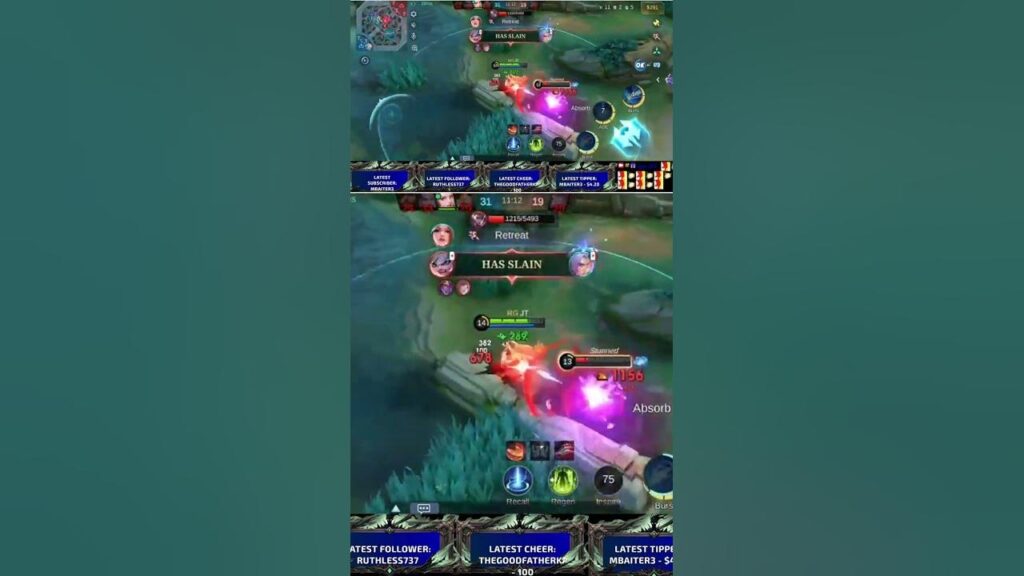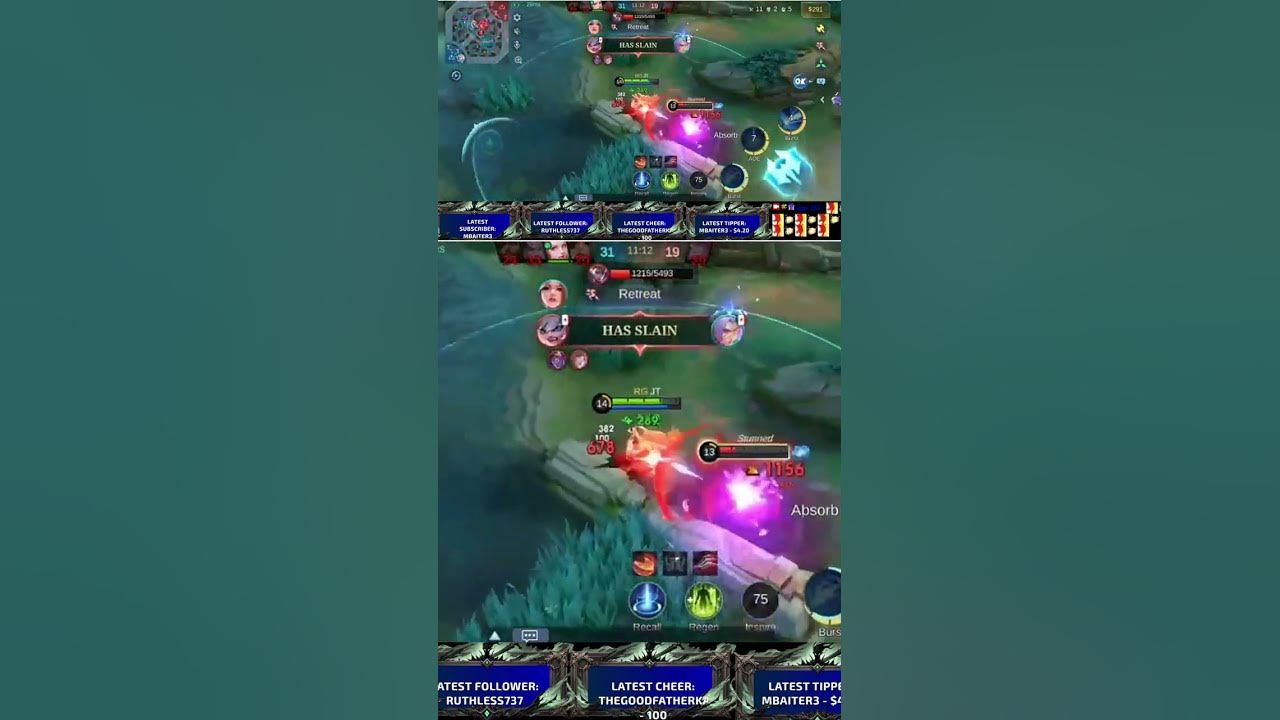
Wipe Them All Out: Understanding the Consequences of Extreme Rhetoric and Actions
The phrase “wipe them all out” is a stark and unsettling expression, carrying significant weight and historical baggage. It evokes images of conflict, violence, and the complete annihilation of a targeted group. Understanding the implications and consequences of such rhetoric is crucial in fostering a more peaceful and tolerant world. This article delves into the various contexts in which this phrase might arise, the dangers it poses, and the importance of promoting dialogue and understanding instead of resorting to such extreme measures. The potential consequences of calls to “wipe them all out” are devastating, impacting not only the targeted group but also the broader society.
The Historical Context of Calls to Annihilation
Throughout history, calls to wipe them all out have been used to justify genocide, ethnic cleansing, and other forms of mass violence. From the ancient world to modern times, leaders and demagogues have employed this type of rhetoric to dehumanize their enemies and incite their followers to violence. Understanding these historical precedents is vital to recognizing and preventing similar atrocities in the future. The use of such phrases often precedes systematic campaigns of violence. [See also: The History of Genocide]
Examples from the Past
- The Holocaust: Nazi propaganda frequently depicted Jews as subhuman, paving the way for the systematic extermination of millions. The idea was to wipe them all out and create a pure race.
- The Rwandan Genocide: Hutu extremists used radio broadcasts to incite hatred against Tutsis, calling for their elimination. This was a direct call to wipe them all out.
- The Bosnian War: Serbian nationalists engaged in ethnic cleansing against Bosnian Muslims, aiming to create a homogenous Serbian state. The goal was, in essence, to wipe them all out from the region.
The Dangers of Dehumanization
At the heart of calls to wipe them all out lies the process of dehumanization. When a group is portrayed as less than human, it becomes easier to justify violence against them. Dehumanization strips individuals of their dignity and worth, making them targets for hatred and aggression. This is a critical step in the escalation of conflict. [See also: The Psychology of Dehumanization]
How Dehumanization Works
- Labeling: Assigning negative labels to a group, such as “vermin” or “animals,” can make them seem less human.
- Propaganda: Spreading misinformation and stereotypes can create a distorted image of the targeted group.
- Othering: Emphasizing the differences between “us” and “them” can create a sense of distance and alienation.
Once a group has been successfully dehumanized, it becomes easier for individuals to participate in or condone violence against them. This is why it is crucial to challenge dehumanizing rhetoric whenever and wherever it appears. The consequences of failing to do so can be catastrophic. We must not allow anyone to wipe them all out through hateful rhetoric.
The Role of Language in Inciting Violence
Language plays a powerful role in shaping our perceptions and influencing our behavior. Words can be used to heal and unite, but they can also be used to incite hatred and violence. The phrase “wipe them all out” is a prime example of language that can have devastating consequences. It’s a call to action, urging listeners to eliminate a specific group. [See also: The Power of Words in Conflict]
The Impact of Social Media
The rise of social media has amplified the reach and impact of hate speech. Online platforms can be used to spread dehumanizing propaganda and incite violence against targeted groups. Anonymous accounts and echo chambers can further exacerbate the problem, making it difficult to counter hateful narratives. It’s easier than ever to spread the message to wipe them all out, reaching a global audience in seconds. Social media companies have a responsibility to monitor and remove content that promotes violence and hatred.
The Importance of Counter-Speech and Dialogue
Combating calls to wipe them all out requires a multi-faceted approach. One of the most effective strategies is counter-speech, which involves challenging hateful narratives and promoting alternative perspectives. Counter-speech can take many forms, from online activism to community organizing to educational initiatives. It’s about creating a space for dialogue and understanding, where people can engage with each other in a respectful and constructive manner. [See also: Strategies for Countering Hate Speech]
Promoting Education and Understanding
Education is a crucial tool in preventing future atrocities. By teaching people about the history of genocide and the dangers of dehumanization, we can equip them with the knowledge and skills they need to resist hateful ideologies. Education can also promote empathy and understanding, helping people to see the humanity in those who are different from them. This is essential to ensure that no one attempts to wipe them all out again. Curricula should include lessons on tolerance, diversity, and the importance of critical thinking.
The Legal and Ethical Considerations
Calls to wipe them all out often violate international laws and ethical principles. International human rights law prohibits incitement to violence and discrimination. Many countries have laws against hate speech, although the specific regulations vary. Ethically, such calls are unacceptable because they violate the fundamental principles of human dignity and respect. It is our moral obligation to condemn and prevent such rhetoric. [See also: International Laws on Hate Speech]
The Responsibility of Leaders
Leaders have a particular responsibility to refrain from using language that could incite violence. They should instead promote dialogue, understanding, and reconciliation. Leaders who use hateful rhetoric undermine the rule of law and create a climate of fear and division. They must be held accountable for their words and actions. The call to wipe them all out should never come from a position of power.
Building a More Tolerant Future
Creating a more tolerant and peaceful world requires a collective effort. We must challenge hateful rhetoric, promote education and understanding, and hold leaders accountable for their words and actions. It also means supporting organizations that are working to combat hate speech and promote human rights. By working together, we can create a future where calls to wipe them all out are relegated to the history books. We must build a society where everyone feels safe and valued. It’s a long and difficult process, but it is essential for the well-being of humanity. The alternative – allowing calls to wipe them all out to go unchecked – is simply unacceptable. We need to actively work against the ideology that breeds such hatred. We must never allow anyone to wipe them all out. It is our responsibility to stand up against injustice and promote a world where everyone is treated with dignity and respect. Allowing these phrases to gain traction empowers those who seek to divide and destroy. Let’s not stand idly by while they attempt to wipe them all out. Education, awareness, and active intervention are key to preventing future tragedies. The phrase to wipe them all out should be a chilling reminder of the dangers of unchecked hatred and the urgent need for collective action. We must remember the lessons of the past to prevent similar atrocities from happening again. The goal should be to foster a world where the thought to wipe them all out never enters one’s mind.
Conclusion
The phrase “wipe them all out” is a dangerous and unacceptable expression that carries significant historical baggage. It’s a call to violence and annihilation, and it must be condemned in the strongest possible terms. By understanding the historical context, the dangers of dehumanization, and the role of language in inciting violence, we can work to prevent future atrocities. Promoting education, dialogue, and counter-speech are essential tools in building a more tolerant and peaceful world. We must all do our part to ensure that calls to wipe them all out never again lead to mass violence and suffering.

